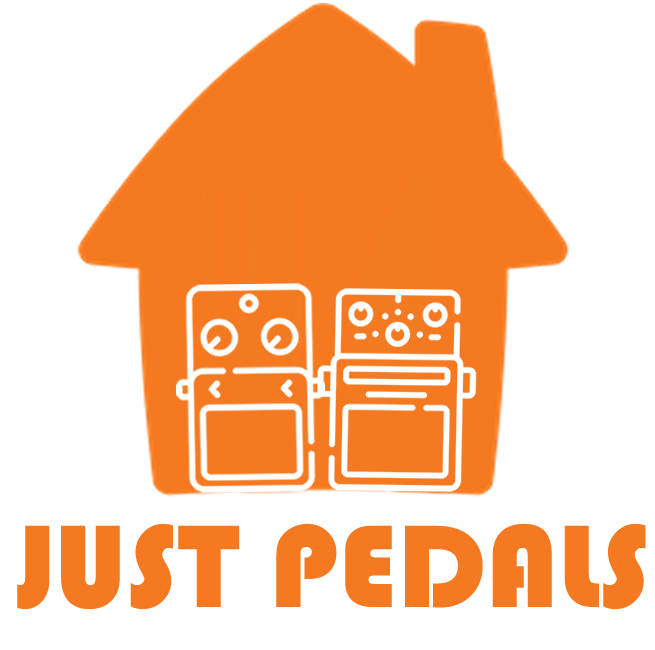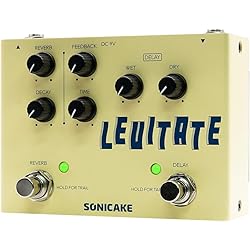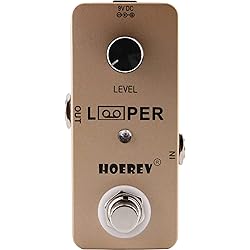Just – Guitar Effect Pedal Videos – First Distortion Pedal #guitar
Just – Guitar Effect Pedal Vids – First Distortion Pedal #guitar
SONICAKE Digital Delay and Reverb Guitar Pedal 2 in 1 Guitar Effects Pedal Levitate
£47.99
Digital Delay & Plate Reverb 2 effects in 1 guitar pedal Max to 2000ms Delay Time, Reverb has large schedulable decay parameter Trail and TapTempo function helps during the guitar performance Living Show Special Design Buffer Bypass Circuit Keeps the… read more
SONICAKE Auto Wah Pedal Envelope Filter Funky Bass Guitar Effects Pedal Cry-Bot
£25.99
100% Analog Envelope Filter/Auto Wah by Picking Dynamics Designed for both Guitar & Bass with Fast and Accurate Tracking Wide Range Funky Tone Shaping with 4 useful Knobs True Bypass Footswitch keeps a clean Signal Path Auto Wah Pedal working with 9V… read more
Behringer ULTRA CHORUS UC200 Ultimate Stereo Chorus Effects Pedal, Yellow
£24.36 £22.30
Rich Stereo Effect: Enhance your guitar’s tone with the ULTRA CHORUS UC200, delivering a thick, vibrant sound and rich stereo effects for an extraordinary musical experience Ultimate Sound Shaping: Customize your tone with dedicated Depth, Rate, and … read more
HOEREV Guitar Mini Looper Pedal
£36.99 £30.99
Looper,Recording Time:5 Minutes, 48k high quality voice .Sampling :24bit. With USB for uploading and downloading. 1. Please pay attention :it doesn't include a power supply. 2. Please make sure your pedal is connected to an DC adapter with 9V voltage… read more
BOSS DS-1 Distortion Pedal, Classic Tones for All Types of Music, The benchmark in Guitar distortion,Orange
£74.00 £65.00
Legendary distortion used by guitarists everywhere since 1978. BOSS’s first distortion pedal defined a bold new sound, delivering hard-edged attack and smooth sustain that’s been a staple of players for generations. The classic DS-1 tone is behind th… read more
SONICAKE Passive Volume Pedal Mini Expression Guitar Effect Pedal 2 in 1 Vexpress
£42.00 £35.99
Passive Volume Control/Expression Control 2 functions in 1 Pedal. Automatically Detect the Functionality (Volume or EXP Control). Working with Guiar, Bass, Keyboard, Synthesizer, Workstation, Controller, etc. Working without Battery or Pedal Power Su… read more

















